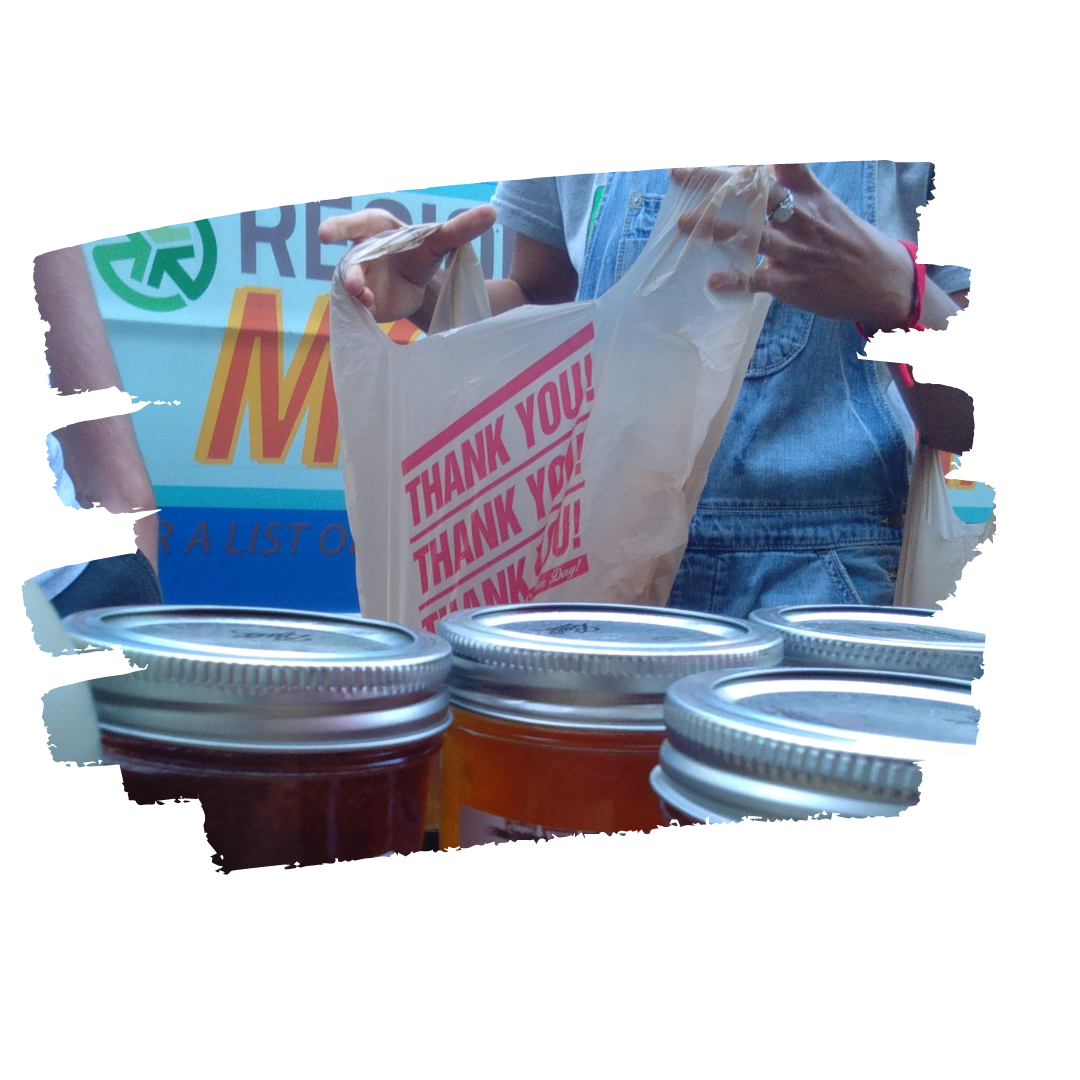
The Central MA Center on Food Equity (CFE) is a cohort of community individuals, front-line providers, research, and community partners that are working together to reduce hunger in Central Massachusetts.
READ MORE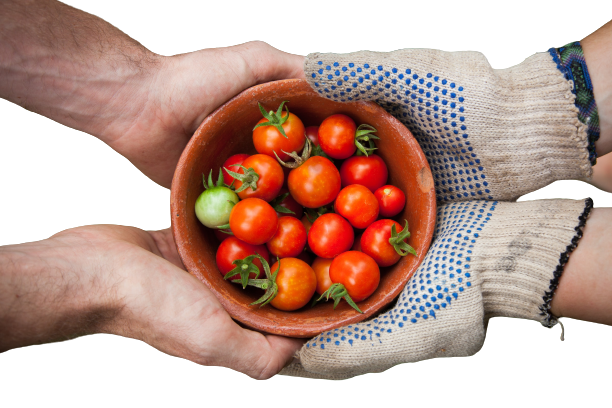
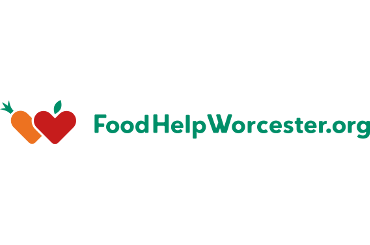
The Task Force is a coalition of individuals, organizations, and agencies focused on identifying food resources, gaps, and opportunities in Worcester to create a vibrant and inclusive food-secure community. The City of Worcester Task force maintains a page of resources for the community at www.foodhelpworcester.org.
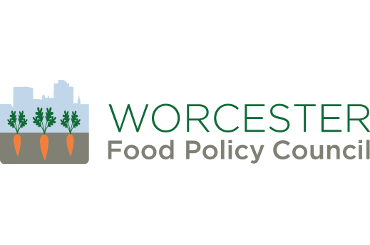
The Worcester Food Policy Council (WFPC) is a coalition of organizations, institutions and agencies that work for a sustainable and just food system in Worcester. WFPC does this though public education, policymaker engagement and policy advocacy. WFPC works at the local level and state level with partners from across the
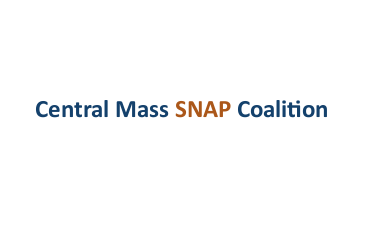
The Central Mass SNAP Coalition includes various anti-hunger agencies, health care and homelessness providers, faith-based organizations, community action programs, and legal services advocates. The coalition focuses on advocacy and administration of SNAP, WIC, and other anti-hunger programs at both the state and federal level.


In 2018, Feeding America estimated that the food insecurity rate in Worcester would rise to nearly 18%. That rate is likely considerably higher because of the effects of the pandemic, and the loss of pandemic supports.

In 2016, Tufts University and the Metropolitan Area Planning Council compiled data on the distance people had to travel to access food. Based on the map, only about 31% of Worcester's surface area had a food source within 1 mile walking distance.

The Department of Transitional Assistance calculates the SNAP Gap : the percentage of people who qualify for MassHealth who are not enrolled in SNAP (Supplemental Nutrition Assistance Program). As of July 2022, the SNAP Gap for Worcester County was 41.8%.

The American Community Survey estimates that 19.9% of people in Worcester live in households that are at or below the Federal Poverty Level. Many households about that threshold still struggle to afford food and rent, heating, and other household expenses.

While 1 in 5 Worcester households are at or below the poverty level, varies significantly based on neighborhood, ethnicity, age, and household composition.

The Worcester County poverty rate for Black & Latino/a households ranges between 28 and 44%.
